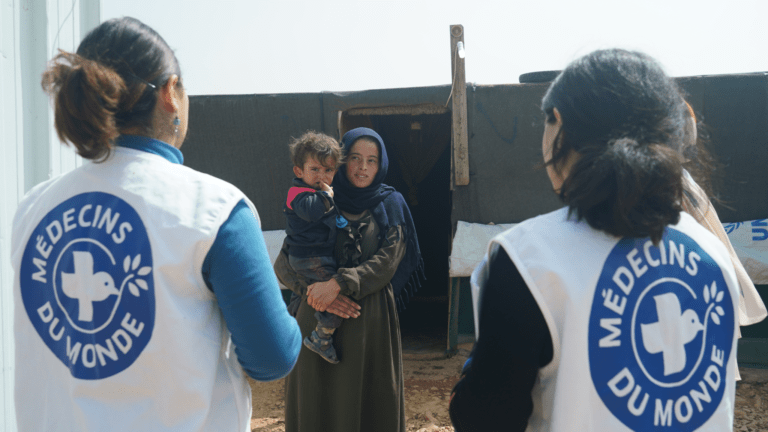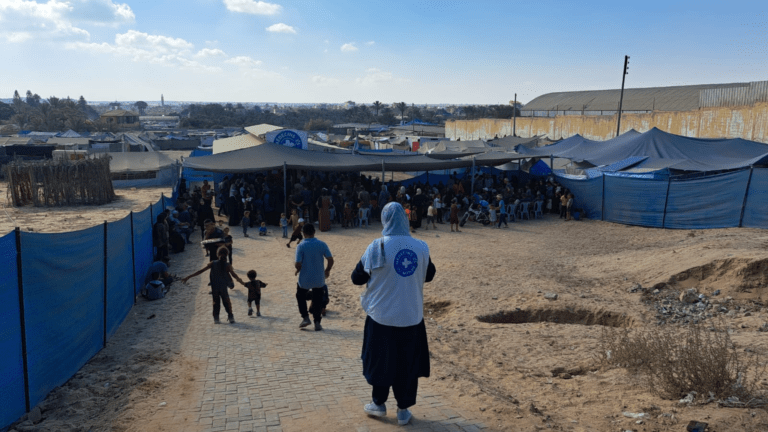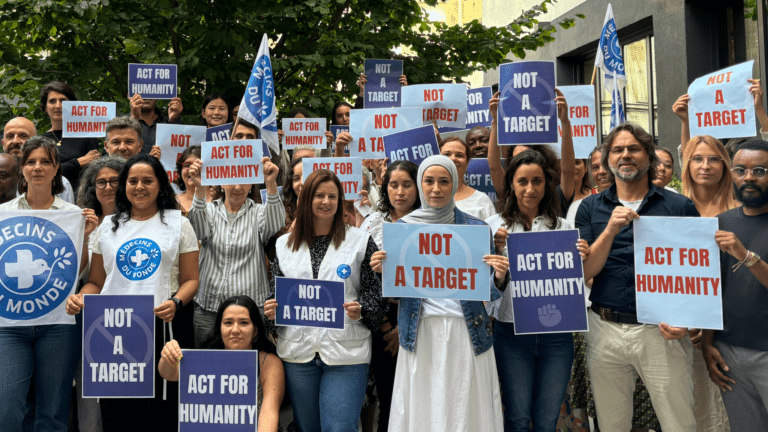West Bank : Locked out of health
2024-06-10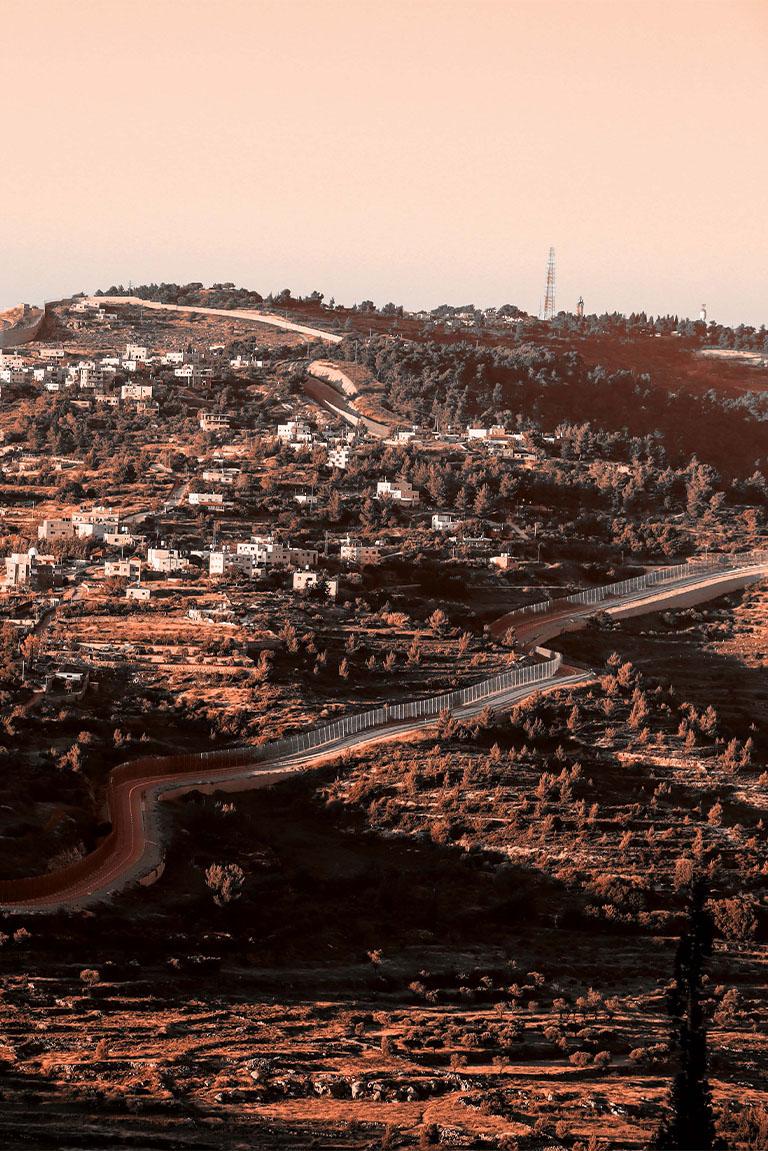
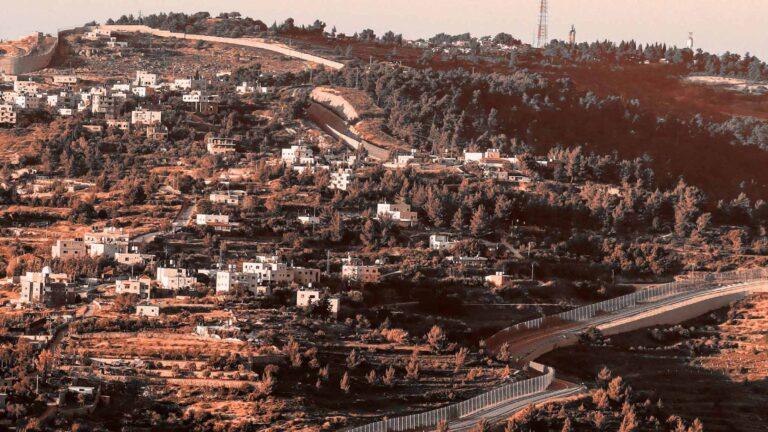
How Israeli military barriers impose a stranglehold on palestinian village acess to healthcare.
Al Walaja is a small Palestinian village between Jerusalem and Bethlehem in the West Bank, in the occupied Palestinian territory (oPt). Encircled by the illegal wall built by Israel in the early 2000s1 and regularly cut off from the outside world by Israeli roadblocks , the community of 3,500 inhabitants is locked in an externally imposed enclave deprived of basic public services, including essential healthcare.
As the population of the village ages, a large proportion of the inhabitants have fragile health conditions, with numerous cases of diabetes, hypertension, psychiatric issues or heart disease. Opened in 2017, the only health center in Al Walaja is not equipped with the range of services needed as the Israeli authorities are preventing its development through a discriminatory urban planning regime that obstructs Palestinian construction and development in Area C of the West Bank.
Severe restrictions on the movement of Palestinians in the West Bank have been a long-term policy of the Israeli authorities2, with military checkpoints, roadblocks and other obstacles being imposed throughout the whole territory.
Israeli military forces have significantly reinforced this policy since 7 October 2023, breaking the geographical connection between cities, villages and communities3 and effectively disrupting public health services, educational institutions, livelihoods, social relations and humanitarian access. Since 7 October, the Israeli army has persistently blocked the Al Walaja community’s sole exit road with military obstacles, effectively confining its inhabitants to the village. To reach essential health services on the other side, Palestinians must travel on foot to cross the Israeli gate and risk being mistreated and denied access by the Israeli soldiers.











